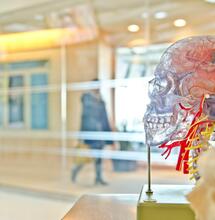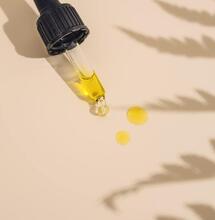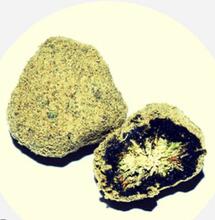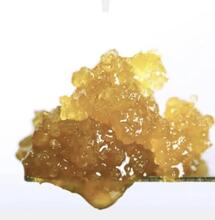What is CBD?
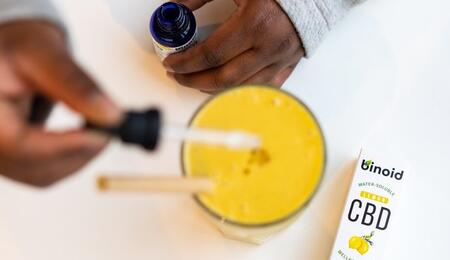
CBD or Cannabidiol is the second most dominant active compound in cannabis. Unlike THC, however, CBD does not cause a "high".
"CBD exhibits no effects signifying abuse or dependence potential in humans. There is no evidence of public health-related problems associated with pure CBD." -World Health Organization (WHO).
CBD is readily obtainable in most countries due to its non-psychoactive properties. CBD has been praised for helping with various health issues. Still, the most substantial scientific evidence is its effectiveness in treating the seizures associated with the childhood epilepsy forms, Lennox-Gastaut syndrome (LGS) and Dravet syndrome. Epidiolex, a CBD medication, was the first cannabis-derived medicine approved by the FDA for these conditions.
The prescription drug Sativex also uses CBD as an active ingredient. It is approved outside of the U.S. for muscle spasticity associated with multiple sclerosis and cancer-related pain.
Animal research, anecdotal evidence and limited studies on humans suggest that CBD may also assist with;
- Anxiety. Research continues to find definitive proof that CBD can reduce anxiety and stress.
- Insomnia. Analyses indicate that CBD may help with sleep disorders.
- Chronic pain. Further human studies are needed, but it has been identified that CBD may impede inflammatory and neuropathic pain. Two things which can be which can otherwise be difficult to treat.
- Addiction. According to some research on humans, CBD can help lower cravings for tobacco and heroin under stimulants.
Side effects of CBD include fatigue, nausea and irritability.
Those taking high doses of CBD may exhibit abnormalities in liver-related blood tests. However, many non-prescription drugs have this effect. It is always best to consult your doctor if you take CBD regularly.
No problem with CBD is that it is predominantly sold as a health supplement, not a medication. As it stands, the FDA does not currently regulate the purity or safety of dietary type supplements. Therefore, it isn't easy to know for sure if your product does contain the level of active ingredients listed on the product label.
There is also no guarantee that the product does not contain any impurities or unknown elements. We still do not have enough solid evidence as to what the most effective therapeutic dose of CBD is for each specific medical condition.
CBD is available in oils, extracts, capsules, patches, vapes, topical lotions, creams and balms. Topicals are designed for use on the skin and are reported to help ease inflammation and muscle and joint pain. However, transdermal patches, tinctures, extracts, oils and capsules are designed to allow the CBD to enter the bloodstream directly.
There is evidence that CBD could be therapeutic for general health and specific medical conditions. However, we need to be careful not to get carried away. Some CBD manufacturers have made unfathomable claims for which they have come under scrutiny from government offices. They have claimed that CBD can cure everything, from COVID to Cancer, which is invalid.
More human studies are needed to pinpoint effective doses. Still, CBD may likely be a fantastic natural alternative for managing anxiety, chronic pain and insomnia.
If you decide to try CBD, always buy a reputable brand that backs up its claims. It's also advisable to talk with your doctor to ensure that the CBD will not affect any other medicines you take.




